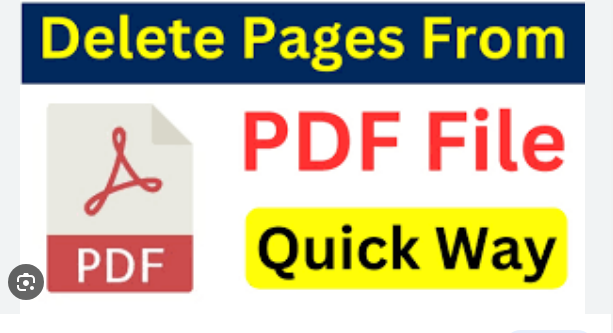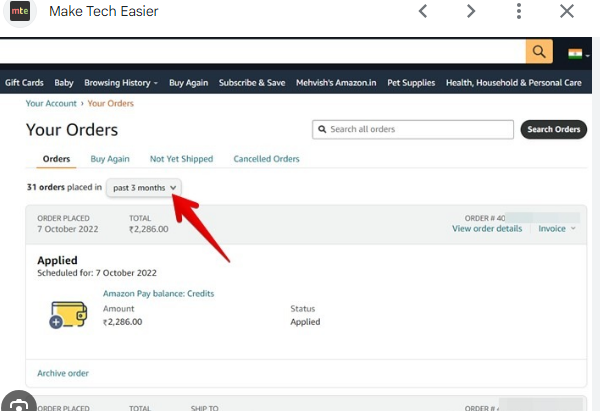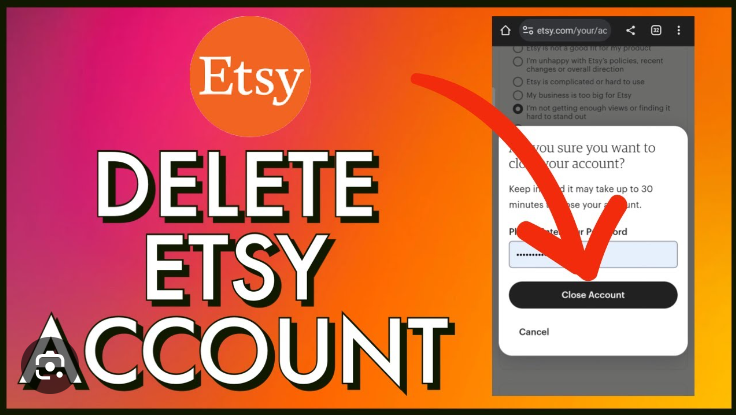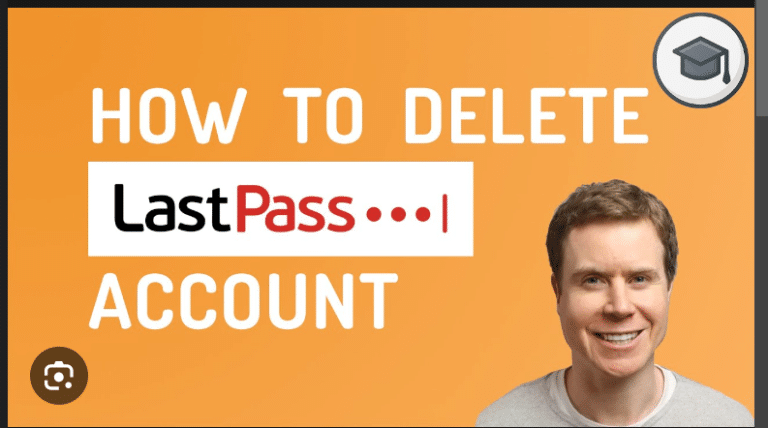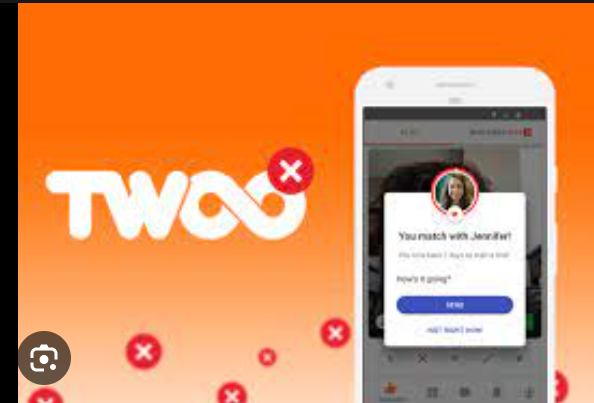How To Delete Questions on Chegg
Rethinking Chegg Questions: A Guide to Responsible Posting
Chegg can be a valuable resource for students seeking help with tough concepts. However, it’s important to use the platform responsibly and ethically. That includes understanding how to manage your content, especially if you have a change of heart about a question you’ve posted.
Unfortunately, Chegg doesn’t currently allow users to directly delete their own questions. This is because they want to maintain the integrity of the platform and ensure content remains available for future learners. However, there are still ways to address your concerns:
1. Contact Chegg Support:
- If your question contains personal information or violates Chegg’s Honor Code, you can contact Chegg support directly. They may be able to remove the question for you under certain circumstances.
- You can reach them through their Help Center or by submitting a request form.
2. Edit your question (if possible):
- Depending on the time that has passed since you posted, you might be able to edit the question to remove any sensitive information or clarify that you no longer need help with it.
- Be sure not to include any answers or solutions in your edited question, as this could violate Chegg’s policies.
3. Move on:
- If the above options aren’t feasible, the best course of action might be to simply move on. Remember, your past Chegg activity is private and not publicly viewable by other users.
Remember:
- Think before you post: When asking questions on Chegg, be mindful of what information you include. Avoid sharing personal details or anything that could be used to identify you.
- Respect academic integrity: Chegg is meant to be a learning tool, not a shortcut to completing assignments. Don’t post questions with the intention of getting someone else to do your work for you.
- Be responsible: If you decide you no longer need help with a question, take appropriate steps to address it, as outlined above.
By using Chegg responsibly and ethically, you can create a positive learning environment for yourself and others. Remember, it’s always better to be proactive and avoid posting anything you might regret later.
I hope this blog post helps you navigate the world of Chegg questions and make informed decisions about your online activity. Good luck with your studies!

